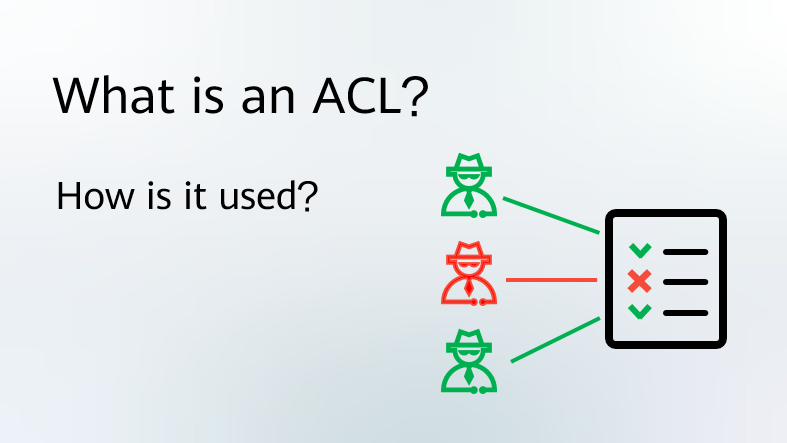What is an Access Control List (ACL)?
 Nitish Chintakindi
Nitish Chintakindi
We have seen file permissions do a fantastic job of managing access on a basic level, but sometimes we need more efficient control. That's where Access Control Lists (ACLs) come into play. Unlike traditional file permissions, which only offer user, group and other levels of access.
It allows us to give a more specific set of permissions to a file or a directory without changing base ownership and permissions
ACLs allow us to grant or deny permissions for multiple users and groups simultaneously. This extra flexibility is very much capable, especially in complex organizational settings where different users require varying levels of access.
Why use ACLs? 🤔
- Imagine you have a special situation. You want to let many people use a file or folder, but each person needs to do different things with it. The usual way of doing this on Linux might not work very well. That's when ACLs step in. They give you a very detailed way to say who can do what. 💪
Installing ACL in your system⬇️
In most of the latest Linux versions, the ACL package comes pre-installed. However, if it's not present, use the following command to install it:
sudo apt-get install acl
How to use ACLs? 📑
Suppose we have a file named "demom.txt" and two users: "user1" and "user2". We want to grant 'user1' read and write permissions and 'user2' only read permission. So we will write:
setfacl -m u:user1:rw example.txt
setfacl -m u:user2:r example.txt
Output:
user::rw-
user:user1:rw-
user:user2:r--
Thanks for being till the end of the blog. I hope that this blog helps you to get a brief introduction to ACLs in Linux.
Subscribe to my newsletter
Read articles from Nitish Chintakindi directly inside your inbox. Subscribe to the newsletter, and don't miss out.
Written by

Nitish Chintakindi
Nitish Chintakindi
Learning DevOps Tools and Technologies 🤝 Looking forward to help and collaboration with Community Building, Code Projects & Open Source. Join me on this thrilling DevOps journey as we embrace innovation, automation, and a brighter future for software development🎉 Let's build a seamless digital world together🌐💻